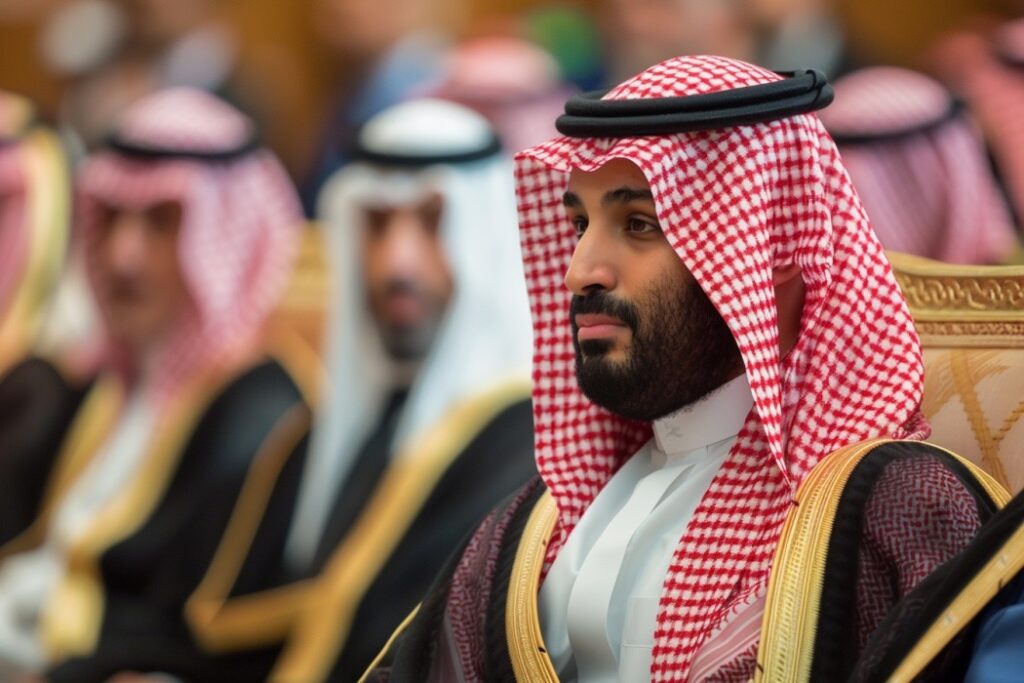The Mounting Financial Strain on Global Healthcare
By Prof. Awad Al Omari
The global healthcare sector is facing an unprecedented financial crisis, with spending soaring to $9.8 trillion in 2021. This equates to $1,535 per capita and represents 10.3% of the global GDP. These staggering figures underscore the immense impact of healthcare costs on the economy and the urgent need for innovative solutions.
Saudi Arabia, in 2023, allocated a substantial $50.4 billion to healthcare and social development, constituting 16.96% of its total budget and ranking as the second highest expenditure after education. Projections suggest that healthcare spending in the kingdom could soar to $77 billion by 2027.
The surge in healthcare expenses is fueled by an aging population requiring specialized care for chronic conditions. In Saudi Arabia, the median age climbed from 74 years in 2016 to 77.6 years in 2023. While adults over 65 presently make up just 3.6% of the population, they are projected to comprise about 20% by 2050, significantly exacerbating the financial strain from age-related chronic diseases.
Saudi Arabia is grappling with a significant economic burden, with an estimated 23.9% of adults afflicted by diabetes—one of the highest rates globally—alongside escalating obesity rates. By comparison, the U.S. faced around $412.9 billion in diabetes-related medical costs in 2022.
Despite the advancements in medical technology enhancing healthcare outcomes worldwide, they have also led to escalating costs. In the U.S., medical technology expenses contribute up to 40% of the healthcare expenditure growth. Nevertheless, Saudi Arabia has made remarkable progress by championing healthcare technology through government initiatives and regulating soaring pharmaceutical costs via price controls enforced by the Saudi Food and Drug Authority (SFDA).
Innovations like telemedicine, digital health, and artificial intelligence are revolutionizing the strained healthcare sector. Prioritizing value-based care models, policies fostering innovation, ensuring equitable access, and promoting preventive strategies are imperative. Health professionals must embrace these technologies, focusing on patient-centered care to enhance outcomes. Saudi Arabia’s Vision 2030 presents a pivotal opportunity for healthcare transformation, aiming to address current challenges and usher in a new era of healthcare excellence.



